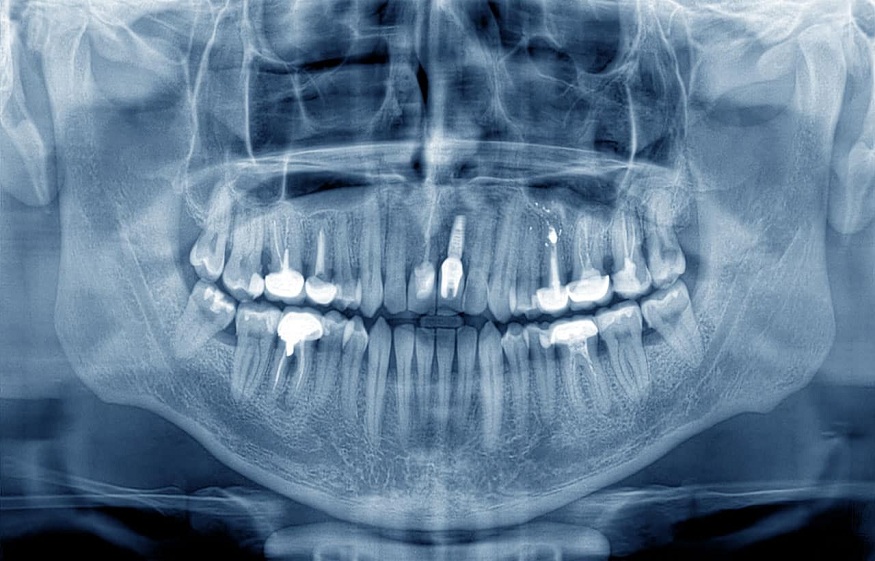Digital or Conventional Dental X-Rays in Illinois: Which is Better?
Maintaining top-notch oral health is crucial for your overall health, as unsatisfactory oral health is associated with issues like heart disease. Considering that heart disease is Illinois’s leading cause of death, focusing on top-notch oral hygiene may save your life. One of the essential steps to sustain your superior oral health journey is to obtain a digital X-ray done at their local dentist in Schaumburg, Illinois. Oral pictures help them unravel dental problems that could lead to tooth loss or decay later in life. However, before visiting the dentist for a dental X-ray, you must know the differences between traditional and digital X-rays. They differ regarding outcomes and processes.
Who Requires Dental X-rays?
Dental professionals prescribe oral X-rays when they intend to check out the health of your teeth, mouth, and gums. Dental X-rays are images of your mouth’s inside, which your dentist can utilize to diagnose issues. For instance, dental x-rays can discover:
- Tooth decay
- Cavities
- Impacted teeth
If your dentist prescribes dental X-rays, don’t fret, as it’s as vital as your routine teeth cleanings. Older people, children, and people with a background of poor oral health might need yearly dental X-rays done. Moreover, always remember that your new dental professional intends to begin with a fresh set of X-rays whenever you switch caregivers.
Traditional Dental X-rays: Overview
Suh type of dental X-ray was invented in 1895, and the practitioners used them in the 1900s. They are used to visualize your dental structure. Moreover, they use radiation to capture the gums, teeth, and bones in & around the mouth. They generate X-ray images on a film, which dental professionals use to create and diagnose oral health problems.
Digital Dental X-rays: Overview
Scientists introduced a cutting-edge X-ray type in the 90s after introducing traditional X-rays. Digital radiography merges computer technology power with electronic sensors and little bursts of radiation. Instead of printing out on film, the picture is created almost as soon as the sensor is kept in the mouth and projected to a PC screen. While digital X-ray technology needs extra training for dentists, most dental practitioners prefer the utility of digital X-ray.
Benefits & Risks of Traditional X-ray
The most significant benefit of traditional X-rays over digital ones is that they have been in practice for over 100 years. Therefore, it helped scientists unravel the relationship between cell destruction and radiation.
One of the most significant risks of traditional X-ray is it produces high radiation. When a conventional X-ray is taken, you’re covered with a massive lead apron to safeguard your organs from nonessential radiation, which can destroy your health by sabotaging your DNA.
Why are Digital X-rays Better than Traditional X-rays?
- It offers quicker results – Traditional X-rays are printed on film, which implies these pictures must be generated. This takes some time, suggesting you & your dental professional have to wait for outcomes. The worst case is you might have to organize another appointment prior to the dentist can diagnose your oral health problem.
- It’s more affordable – Digital X-rays usually cost less than traditional ones. This is due to the film’s cost to generate conventional X-ray images. Therefore, you must consider how much it is required to purchase film for your Polaroid camera, which will help you understand why digital X-ray is a much better choice.
- It exposes you to safer radiation levels – Safety is the most significant benefit of digital X-rays over conventional ones. Digital imaging might minimize radiation exposure for the dentist and the patient by up to 90%, which impedes health hazards of excessive radiation, including skin burns, sickness, and a maximized risk of cancer.
Nowadays, every dental office in Illinois offers digital X-rays to their patients, boosts their experience, and minimizes the dentist’s liability.


Leave a Reply
You must be logged in to post a comment.